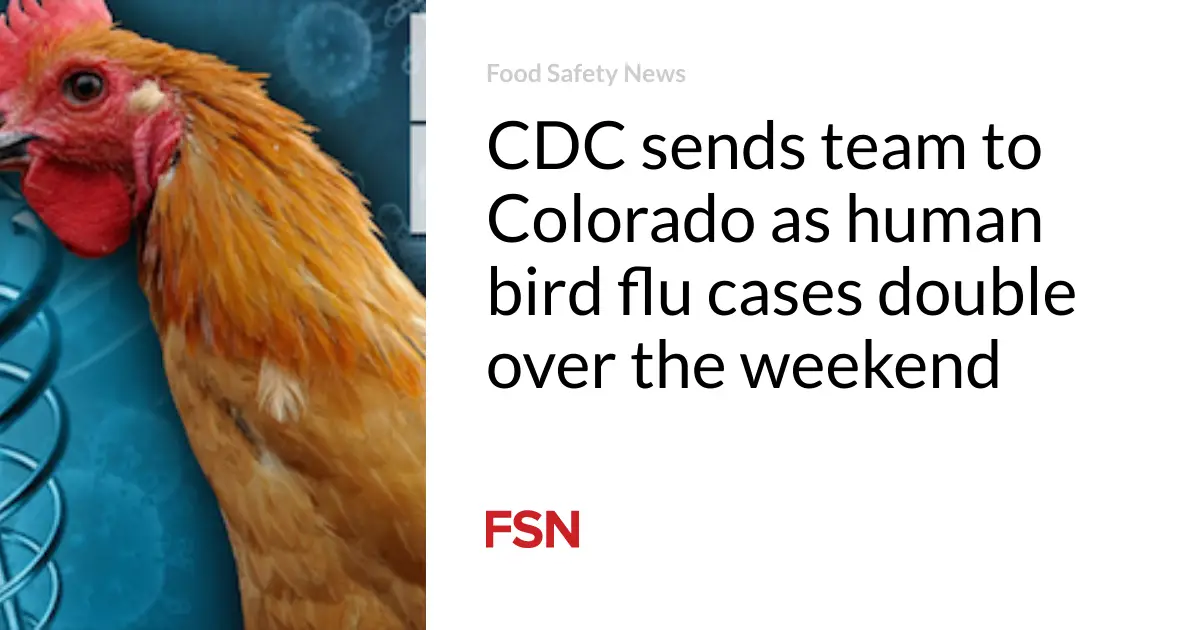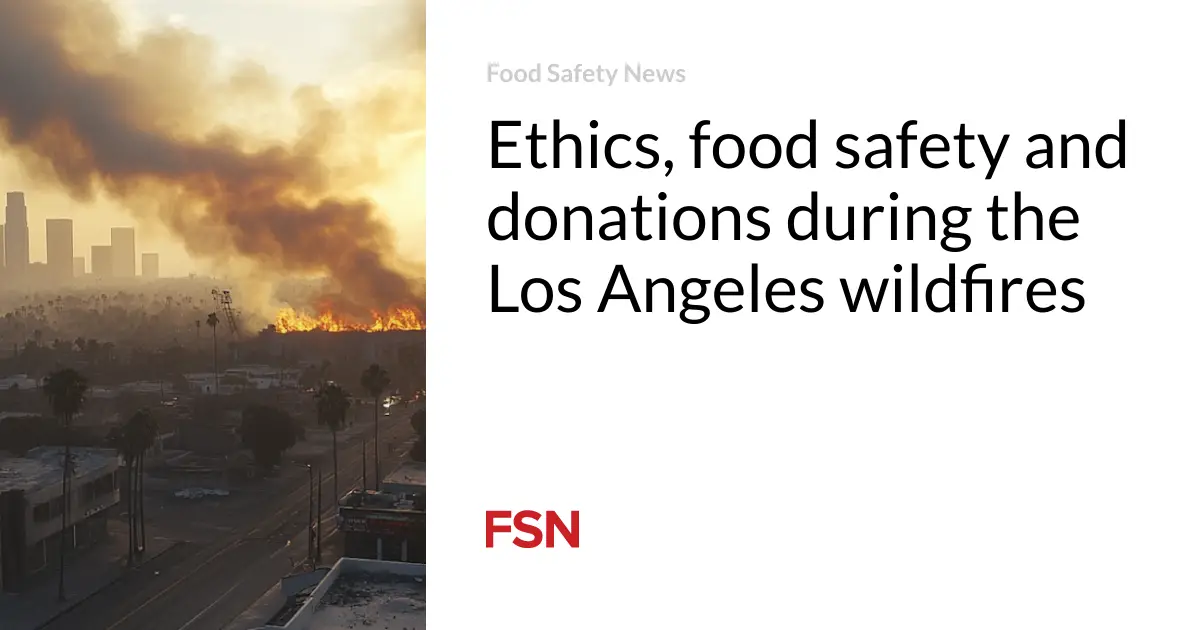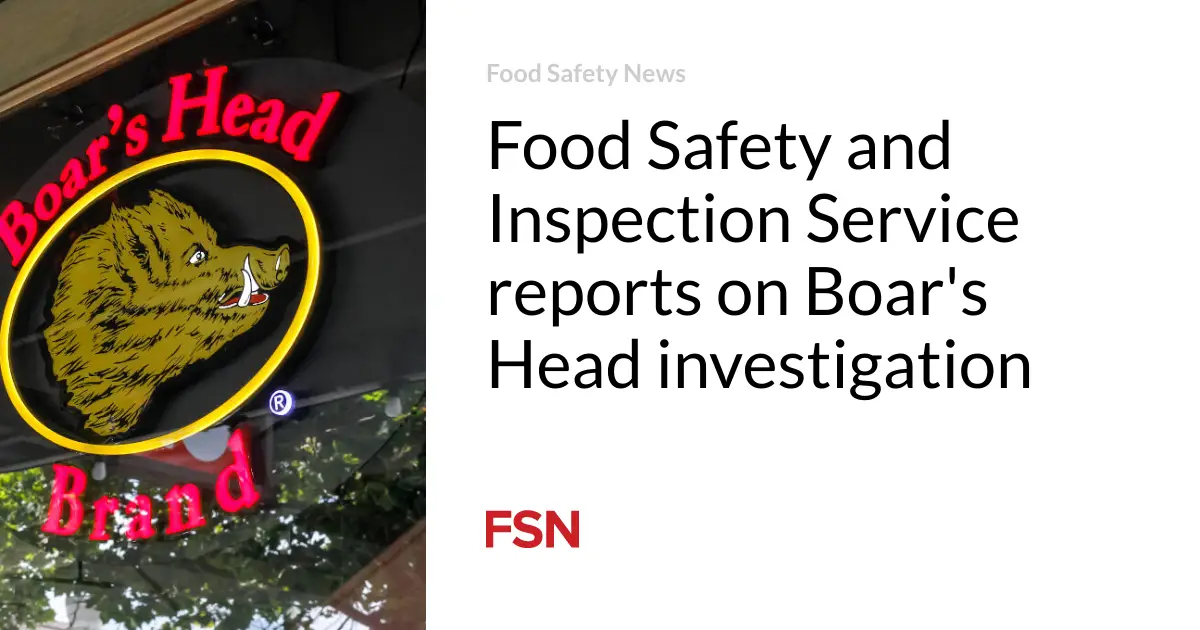
A nine-member team from the federal Centers For Disease Control and Prevention is on scene in Colorado because the nation’s top contagious disease expert has confirmed four more human cases of highly pathogenic avian influenza in the state.
The four additional human cases of H5 bird flu that emerged in Northern Colorado over the weekend, with A fifth pending, double the count from before the weekend.
Three presumptive-positive cases were reported by that state on Friday. A fourth specimen was later found to be presumptive-positive by the state on Friday.
The CDC also knows of an additional presumptive-positive case in Colorado that will be confirmed at CDC once the specimen arrives.
The new human illness cases are among farm workers who were involved in depopulating poultry at a poultry facility experiencing an outbreak of the H5N1 virus.
The Colorado CDC team supports the assessment of the poultry outbreak and the associated human cases. Given current information, the CDC reports that the risk to the public from this outbreak remains low.
The CDC says the new Colorado cases again underscore the risk of exposure to infected animals. Otherwise, there have been no unexpected increases in flu activity in Colorado or in other states affected by H5 bird flu outbreaks in cows and poultry.
Before the past weekend, the total number of human bird flu cases in the United States stood at five. Four followed exposure to dairy cows between April 1 and July 3.
One followed exposure to poultry (reported on April 28. The total number of U.S. cases has doubled, with the confirmations that are in.
Colorado requested the CDC team be sent to the state to help with the ongoing investigation. The state said all of the people who tested presumptive positive experienced mild symptoms and were workers who were involved in the depopulation of poultry at a poultry facility experiencing an outbreak of the H5N1 virus that is circulating in wild birds and has been causing multi-state outbreaks in dairy cows and poultry.
CDC offers this advice to the public:
- People should avoid unprotected exposures to animal poop, bedding (litter), unpasteurized (“raw”) milk, or materials that have been touched by, or close to, birds or other animals with suspected or confirmed A(H5N1) virus.
- The CDC has interim recommendations for preventing, monitoring, and conducting public health investigations of A(H5N1) virus infections in people. The CDC has updated worker protection and personal protective equipment (PPE) use recommendations. Following these recommendations is central to reducing a person’s risk and containing the overall public health risk.
(To sign up for a free subscription to Food Safety News, click here.)







